Our emotions have a substantial role with our everyday actions and decisions. The problem is that they can’t be counted on, and yet we depend on them for important things. They come and go and change like the direction of the wind. They are the driving force behind many of our behaviors both supportive and unsupportive. If you have been a yo-yo dieter, you know full well that emotions have a huge role in weight loss or weight gain. Your emotional state can catapult your weight loss journey into an amazing success story or, it can send you into a downward spiral binge eating foods that you have not eaten in years.
Recognizing our emotions
One of the biggest challenges adults have is properly responding to past emotions, which are connected to a similar event that is happening in the present. When these emotions get triggered, the same feelings start being recycled in the mind and then we begin painting the old outcome into a mental picture of what surely is to come because we have been through this before!
Our emotions can be a wonderful check and balance system. Emotions are like indicator lights on a dashboard. They should not be ignored. If an emotion is bringing up something unsettling to you, it’s your body’s way of letting you know that something is not good with your soul. It’s important to remember that these emotions are usually never about the current issue at hand. Not that the current issue shouldn’t be dealt with, but please know that this new issue is a combination of an old experience you had being mixed with the current one. Therefore, before making a decision, try to be mindful and step back a bit to analyze and perhaps untangle the current truth from the old experience. (Please note: For the purpose of this blog, I will refer to negative emotional experiences. But as you know, good emotions are real and wonderful and we should pay attention and journal about these as well so we can remember that there are so many things to be thankful for.)
Is there a difference between feelings and emotions?
There is a difference between feelings and emotions and it is important to understand this. Dr. Sarah McKay, neuroscientist and author of the Your Brain Health explains it as: “Emotions play out in the theater of the body. Feelings play out in the theater of the mind.” Playing out in the theater of body would look like crying, laughing, throwing something, EATING something, and adding to her explanation may I say that feelings also play out in the theater of the heart.
I really like her explanation because it helps us understand how our body, mind, and spirit interact and co-exist. Understanding the process of: interaction – emotion – forces recall of old interaction – triggers feelings (old and new feelings quickly mix and form new reality), will help us begin looking at any interaction with a person, a life situation, or food with a different perspective. How exciting!
Since our emotions are a product of our thoughts and beliefs, they are dashboard indicators of our belief system and thought life. This is an amazing super power to have! Many times our belief system is so ingrained, we don’t realize that we act or react in very specific ways to certain stimuli. If we pay attention to our emotions and recognize how they serve us, we can begin to uncover some of our faulty unsupportive behaviors and beliefs that we hold.
Using our emotions in a positive way
“…becoming aware of your emotions and feelings, determining which is which and their root causes, and then inserting conscious thought followed by deliberate action, [will help you] choose how you navigate and experience the world” (Debbie Hampton, http://www.thebestbrainpossible.com).
Wouldn’t it be great to RESPOND to life, issues, and people versus REACT to life, issues, and people?!? I would like to be able to step back, breathe, look at the situation or person in truth and love, really see their pain, and then discuss the issue calmly with confidence and peace. I would love to be able to do that with myself as well! (Step away from the fridge, Nan!)
This is a good spot to remind us all never to make decisions when emotions are heightened! Emotions are not to be counted on while deciding on something. Whether it’s to speak or act, our emotions need to be stable and neutral. If we are exhausted we should not confront others, get a good night’s sleep first. If you are hungry, postpone a potentially emotionally charged discussion until after you have eaten.
Getting a hold of our emotions is the first big step
So, let’s start with us first! Knowing that we are on this weight loss journey together, how can we step back, breathe, and react differently to stimuli coming at us? Our body will let us know, we will be hungry at times of stress, no matter what form stress comes in. Let’s start being aware of the hunger emotion. If emotions play out in the theater of the body, then we can say that hunger is an emotion. And that is where we get emotional eating from. But you now have some understanding on how to untangle the body, mind, spirit interactions when it comes to emotions, so let’s apply that to the hunger emotion. Your first step can be noticing hunger and then mindfully recalling if there are certain situations that are triggering that hunger. Patterns are important, so if you see a pattern, make note of it and start untangling from there. Maybe there is a certain time you get hungry, or after an interaction with one specific person, or a certain job that your boss asks you to complete. Take note and be mindful! Think back, ask yourself why you would react this way. Really give it thought. Don’t just let these nuggets of positive potential slip by because life will allow the same lesson to come full circle again until you do learn it.
Here is an example from my past: I got into an argument with my husband. It happened about 20 minutes after a very satisfying dinner. When he left the room and I left the room, both of us still angry, I went straight for the kitchen and began tearing apart an orange and shoving it into my mouth while trying to unravel how I felt. (At least it wasn’t an Oreo!) I then began rehashing the argument in my mind, talking to myself and convincing myself how right I was and of course how wrong he was. Then I began thinking about the fact that I wasn’t really hungry but eating like a crazy person. It came down to the kitchen being the place I retreated to when I was younger. That was where I would go to soothe my hurt feelings, feel like I had control (because it was my body and if I wanted to eat I could) and it was the place my mom never bothered me. It became my safe haven and eating was my way of working out my mental aggravation. I used eating as way to distract me but also it gave me something to do while I unraveled what had happened. Too bad I didn’t leave the house and take walks to help me unravel!
Mental evaluation is key; recognizing the need to properly combine the present day event with the primary emotion and not let it affect our judgment is our goal. In my example from above, my ability to now keep out of the kitchen when I get upset, confused, frustrated, or overwhelmed has been strengthened because I understand where it comes from. I can now recognize the emotion of “hunger,” not resort to my old coping mechanism, not paint the same mental picture of needing my feelings to be soothed by an outside stimulus, needing to be in a specific room to hide from the person who was annoying me, and certainly reminding myself that I am not helpless, but I am an adult now and I have lots of options. We cannot fix our past. But we can be set free from it. As we forgive and release old feelings and emotions, more and more we will recognize faulty belief systems that weigh us down in body, mind, and spirit. “The process of renewing our minds includes managing our emotions by managing our thoughts and acknowledging our feelings [and emotions] honestly and lovingly in the relationships we are in.” Neil Anderson
Stand on the truth.
When it comes down to finally dealing with a current issue like un-supportive eating habits or reacting versus responding, separating your emotions and feelings is the first step. Knowing that your emotions are indicators to your belief system, you now have the knowledge which will help you adjust your thought process using current facts instead of old feelings and previous paintings mixed with emotions which were created years ago by a younger less wise version of you.
“In the gaps between emotion, feeling, and acting, we all have the power to change and direct our lives for the better. Understanding your emotions and managing your feelings with conscious thinking so they don’t hijack your brain followed by conscious action can actually change your brain through neuroplasticity, the scientifically proven ability of your brain to change form and function based on repeated emotion, thought, and behavior, and change your life.” Debbie Hampton
Thank you Debbie, isn’t that good news!!
Written by Nan, CEO and Founder of Breakthrough M2 and Alula Wellness

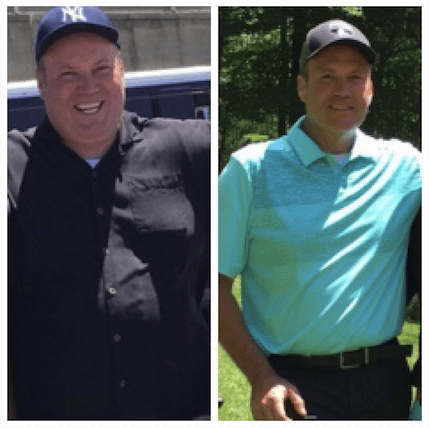
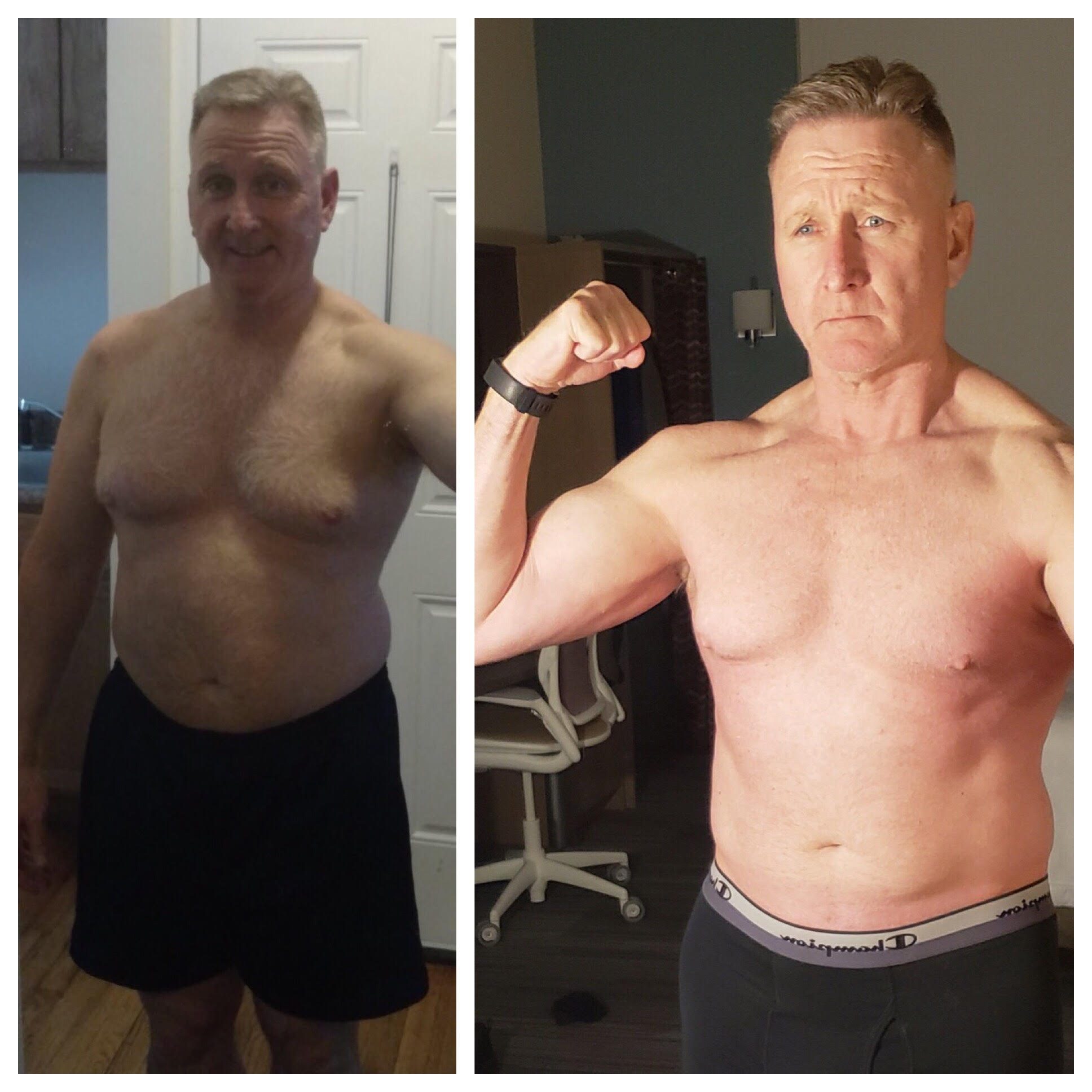

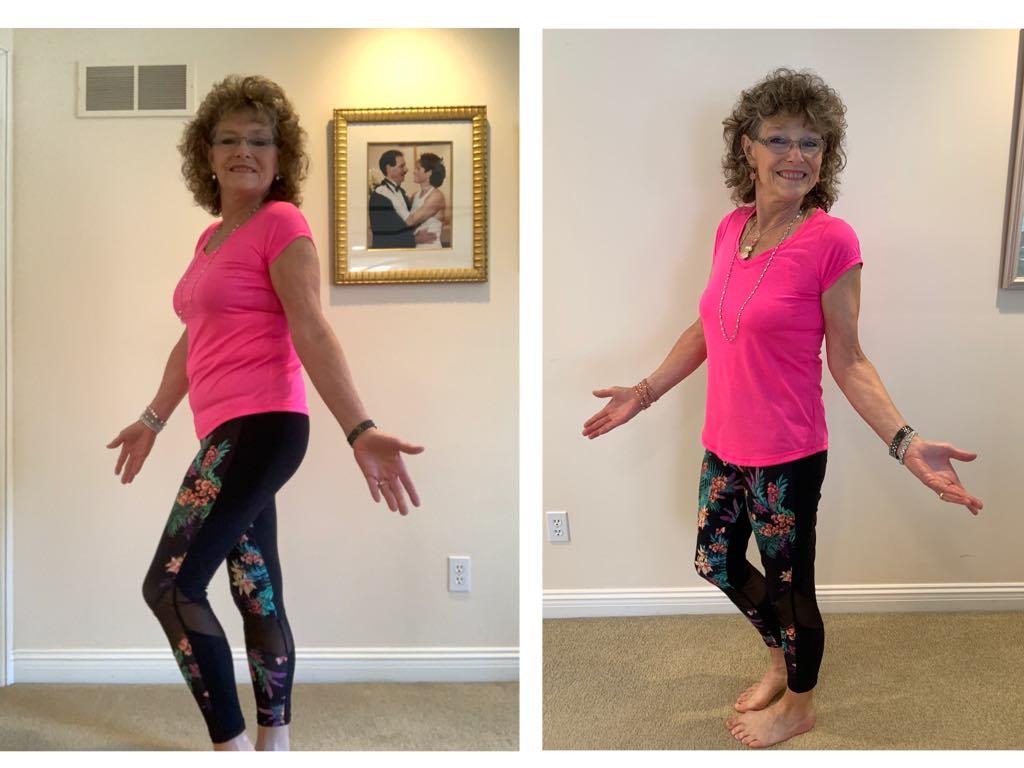


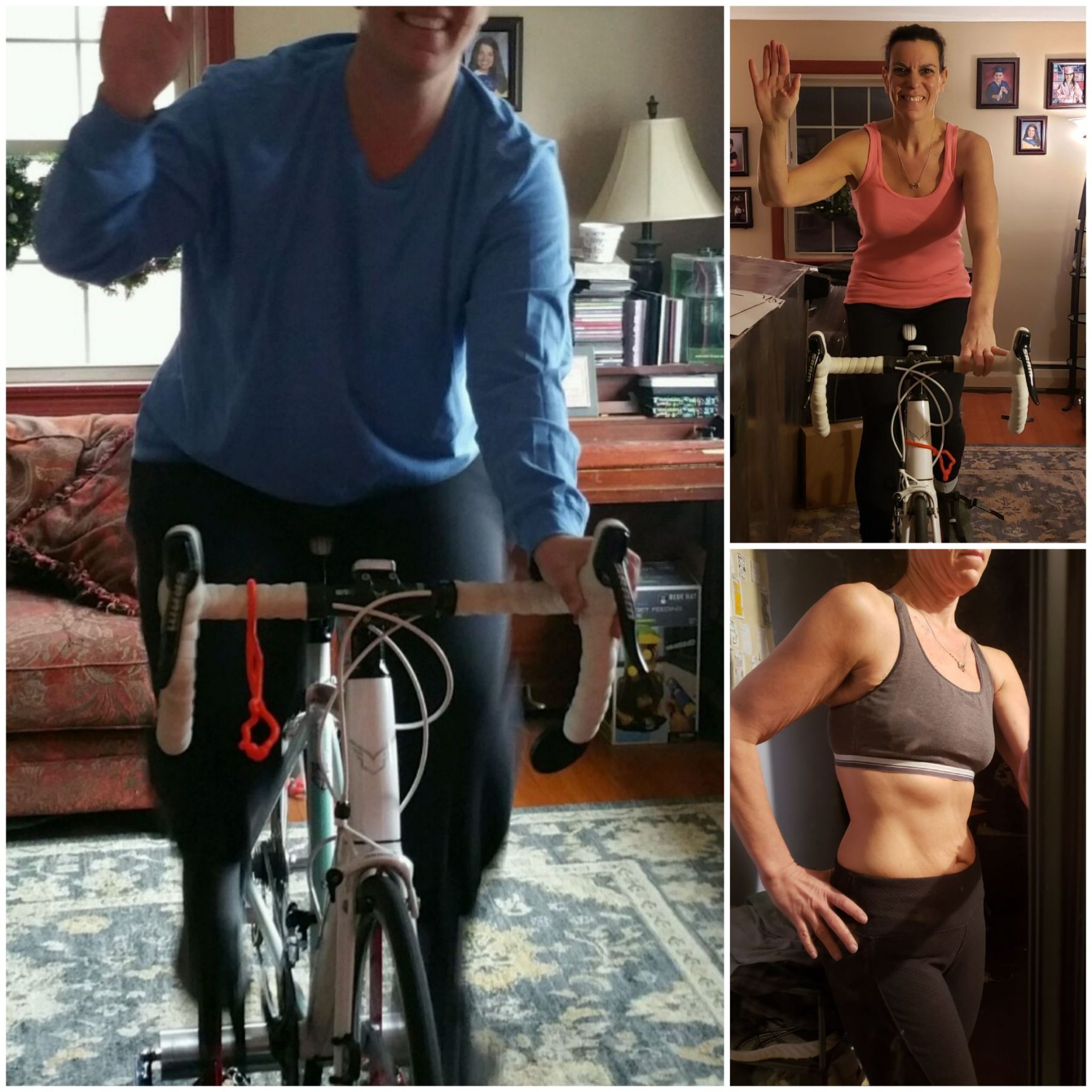
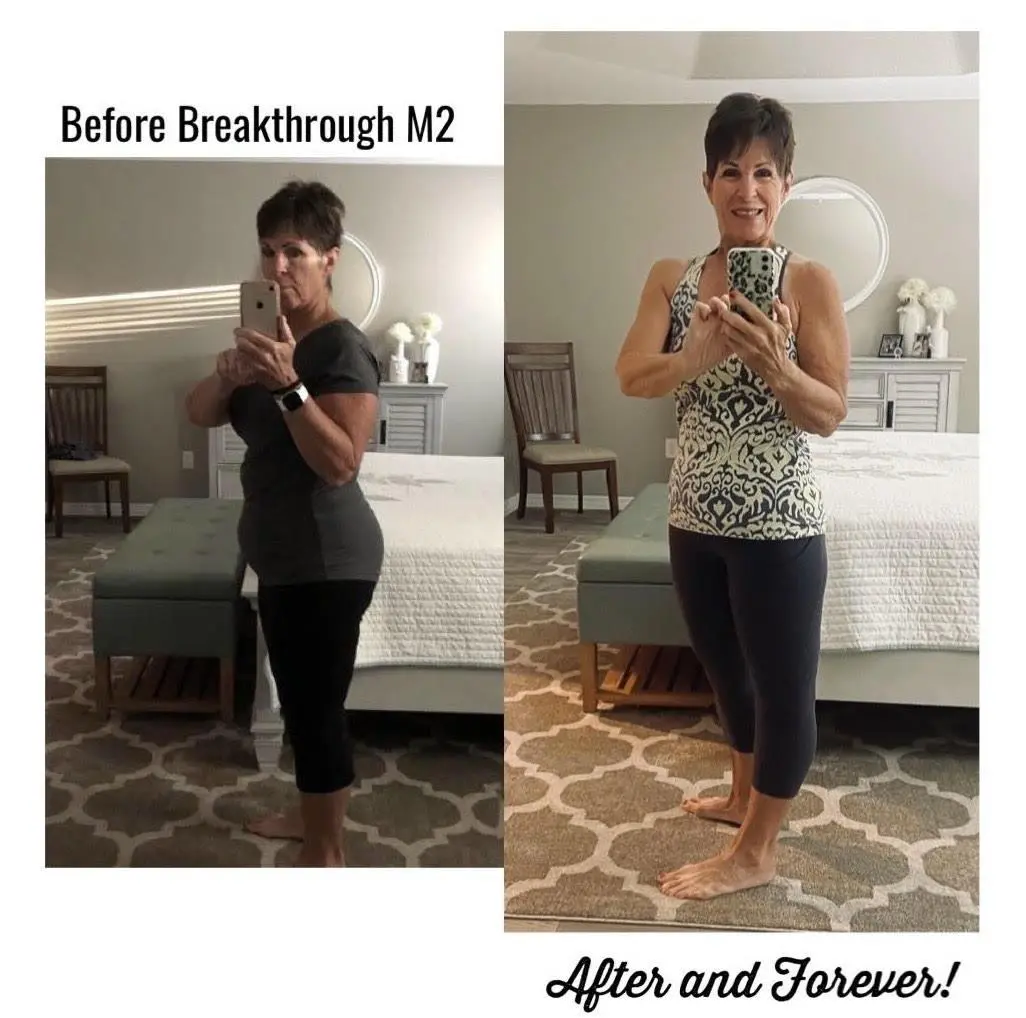
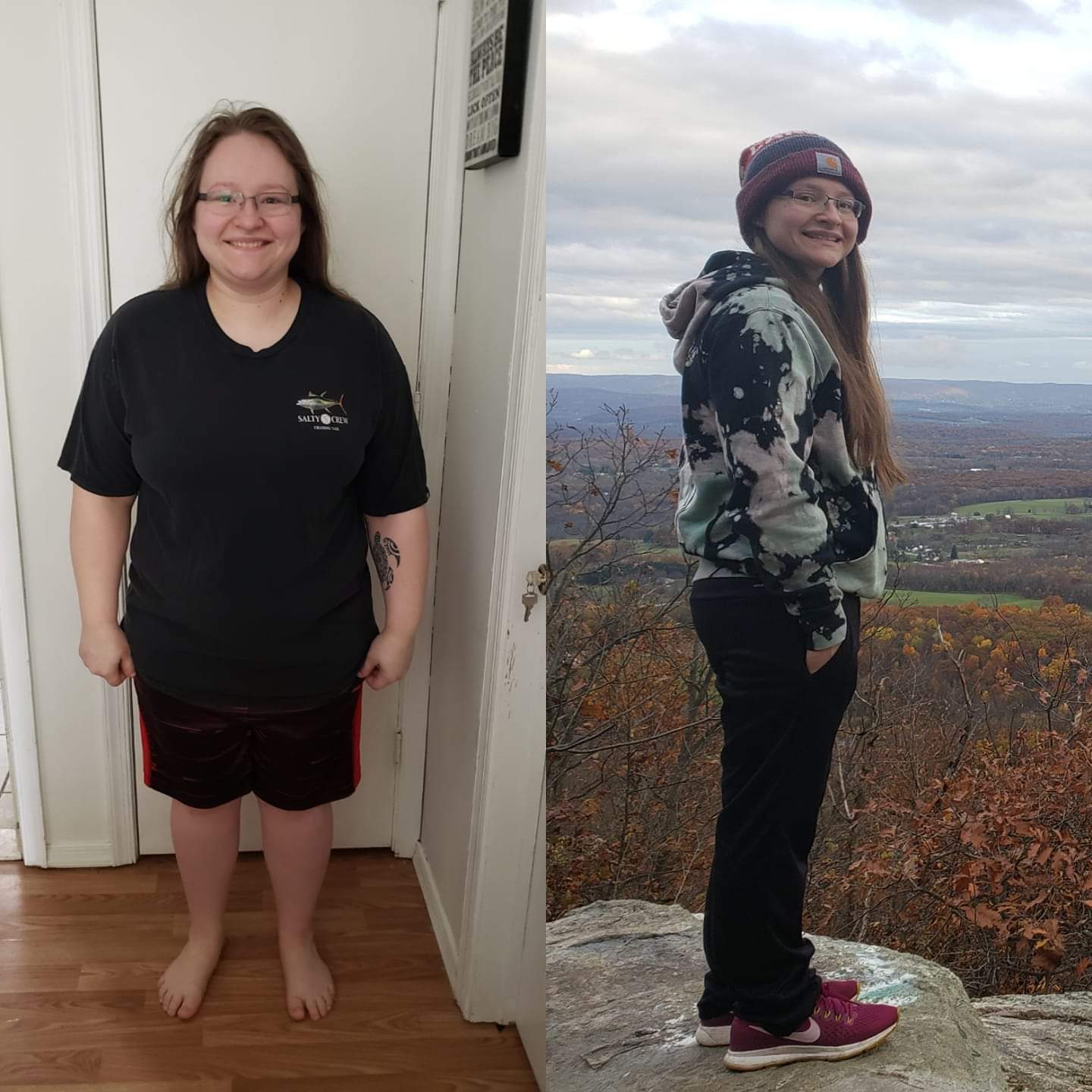

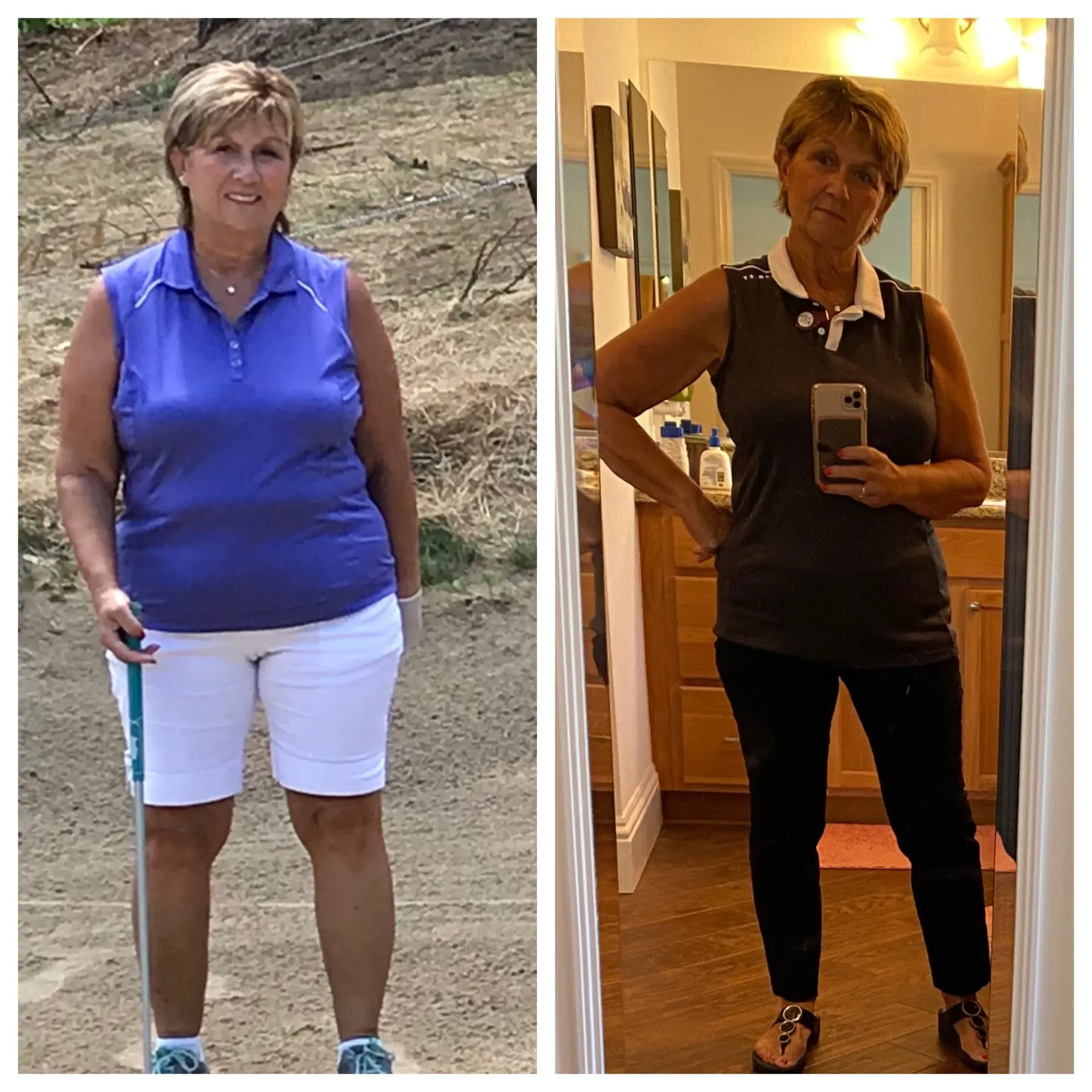
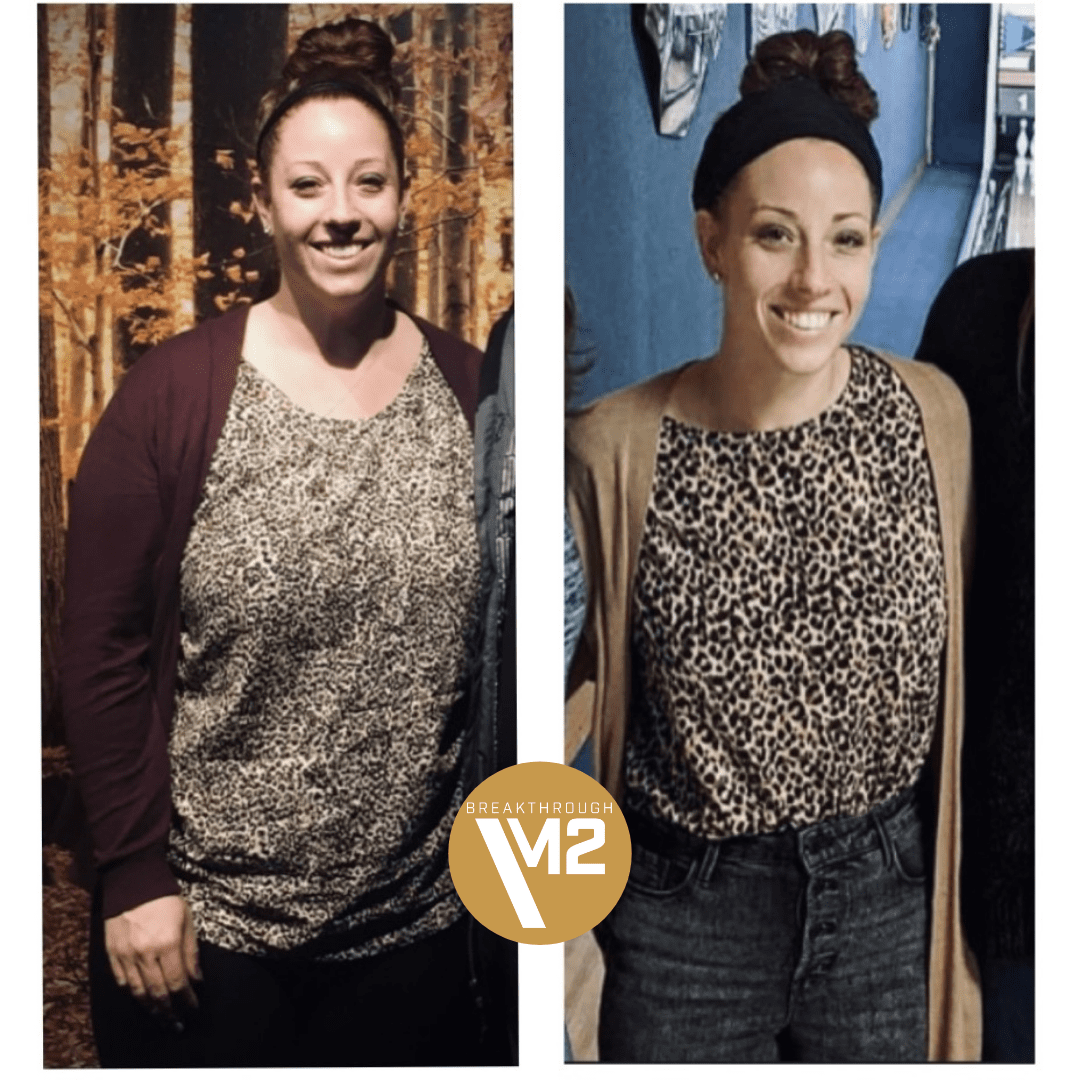

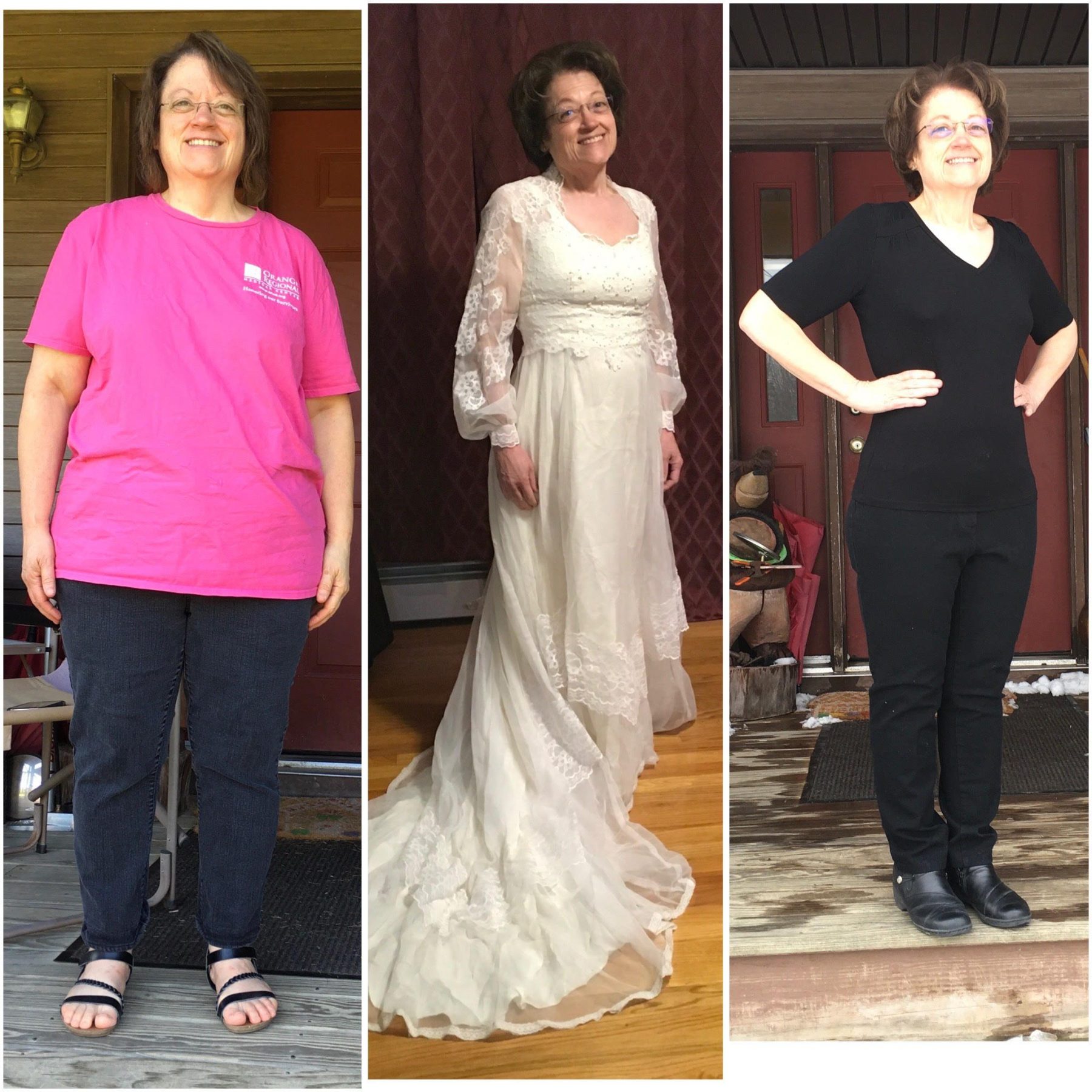
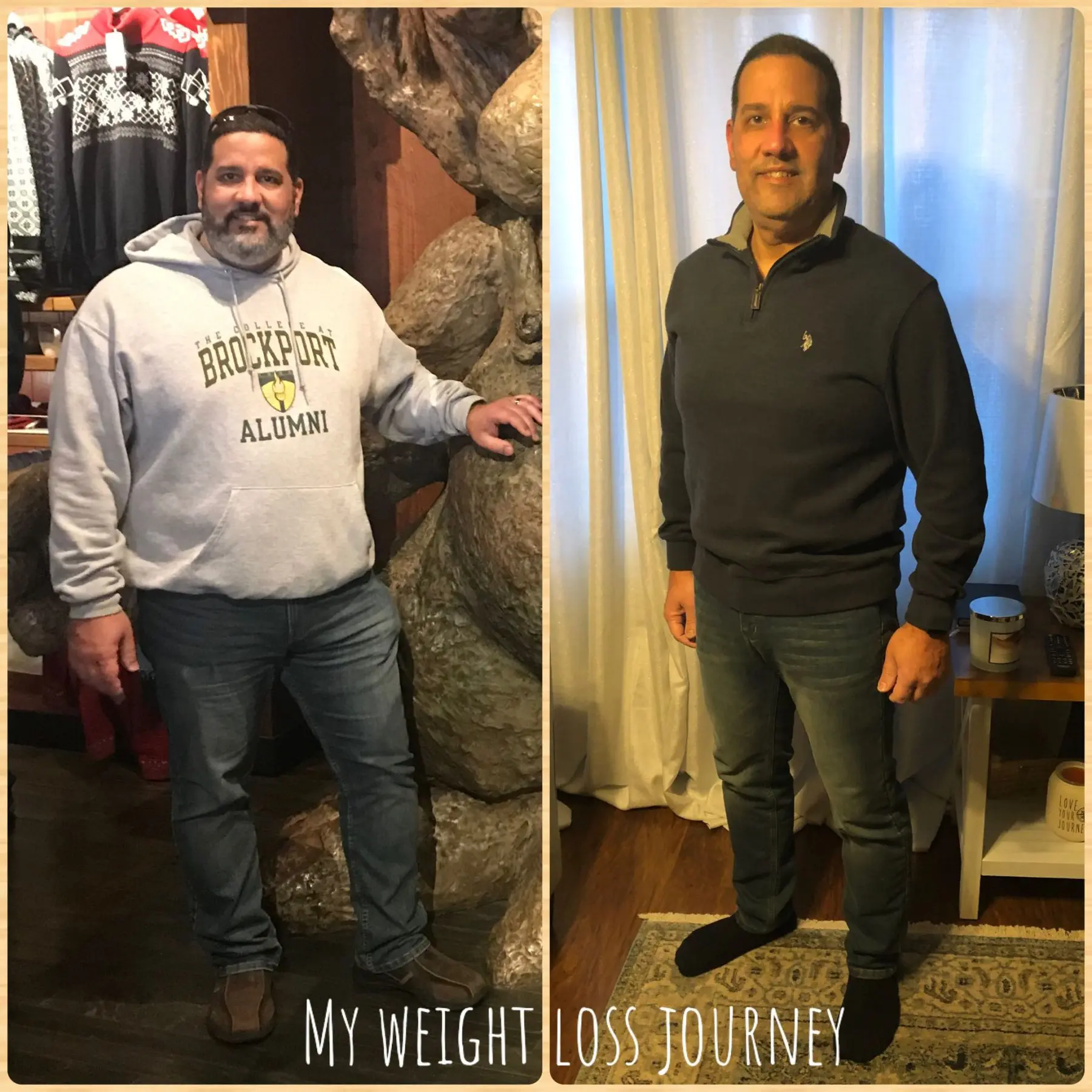

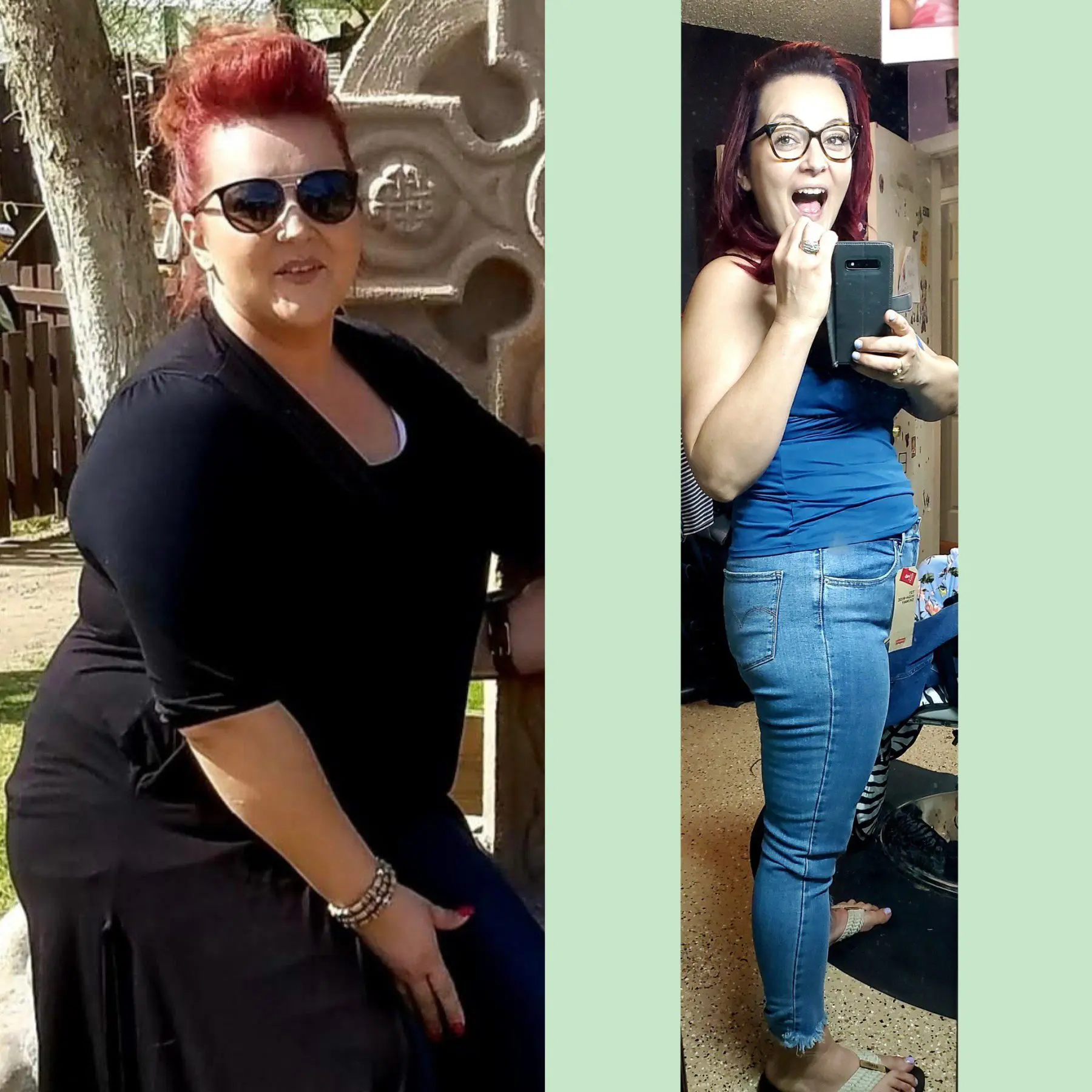
0 Comments